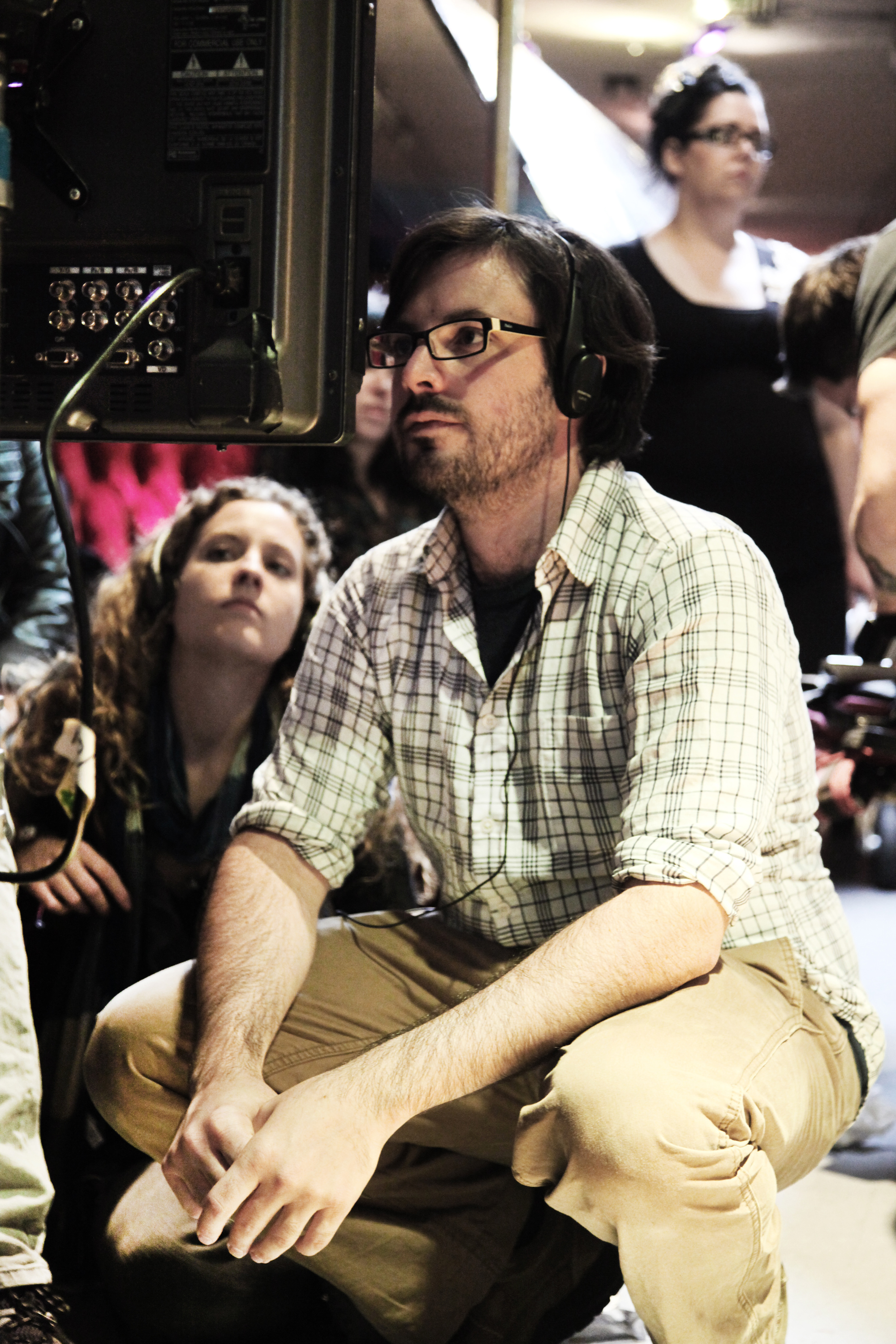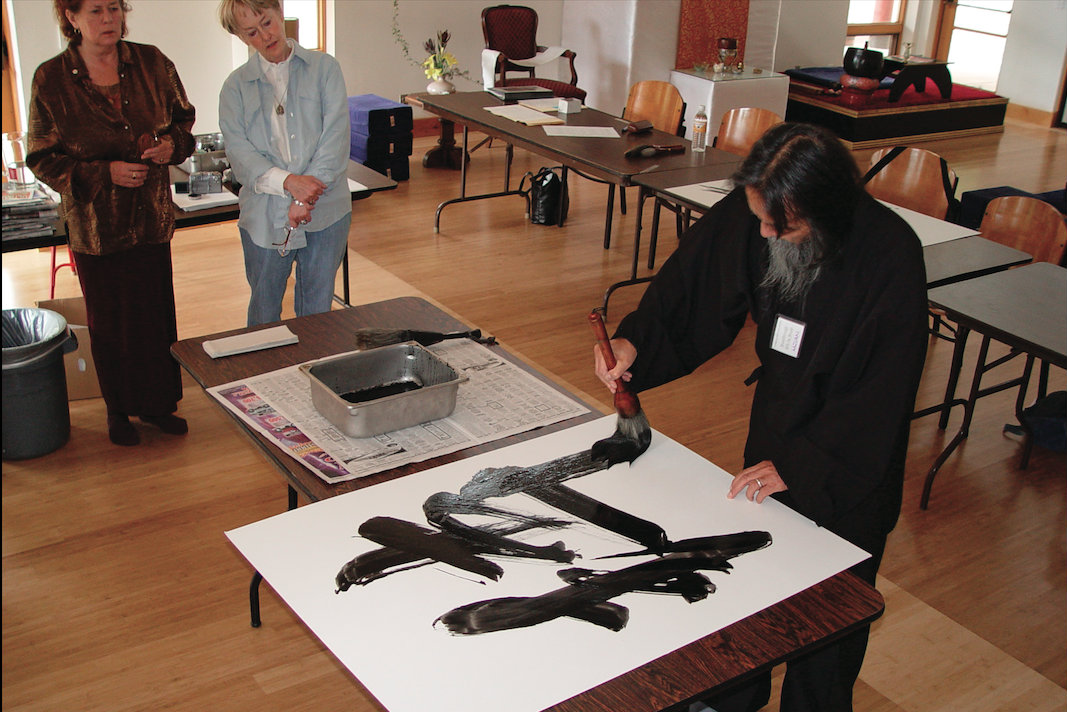Walking the Edge: An Interview with Filmmaker Doug Karr
By Travis Newbill

The film, titled Art Machine, tells the story of a child prodigy painter who must make the difficult transition into adulthood–as an artist and human being. Throughout the film, notions of sanity, inspiration, madness, dharma, fame, and love are explored in a fun and edgy way.
Recently, Doug took some time to speak with us about the film, which you can purchase in iTunes by following this link: Click Here
SMC: It seems that, in Western culture, art is not always seen to be an expression of sanity. There seems to be some sort of glorification of the disturbed, crazy, tortured artist. I wonder if that seems true to you.
Doug Karr: Yeah. I think that once the mercantile nature of the art industry took over, that sort of shifted things as far as who wanted to get involved in the practice of becoming an artist. Also, I think that people who gravitate toward making art tend to be more out there, more free thinking–lots of interesting insights into what they want to say about the world. That could go either way.
What do you mean?
I don’t necessarily look at mental health and think that it’s a negative thing when someone has a free-flowing mind, but I think there is a line. If someone is having a psychotic break, in our culture that is something that people have a hard time dealing with. There’s been ancient cultures where those people have been looked upon as seers. That’s interesting to me –the artistic possibilities of someone who has that sort of wide open mind. There can be a bit of groundlessness and also an opportunity for them to find freedom of expression.
Is there a fine line between creative genius and clinical mania?
Yeah, I think in my life, when I was growing up, there were quite a few people who were having psychological breakouts when I was a teenager. And I found that it was almost a very attractive thing when people would start to lose it, because they would manifest all this really amazing energy and communicate what felt like direct, super inspired insights. That was both frightening and attractive. When they were on the edge, before things got really crazy and the police got involved, there was this sort of amazing place at the root of the mania.
Right…
I think that there is this aspect of genius in that and people who are either highly intelligent, or highly artistically minded, or super inspired, have the potential to walk that edge. I think it’s really dangerous and evocative place. The reason I wanted to explore this film was to explore that.
And you did so through this character, Declan Truss, who is a child prodigy now coming of age. Why?
I got really excited about studying child prodigy painters and researching those kids. I started to see the potential to take a kid like that and see what may happen to him to in his teen years when there is the potential for bi-polar disorder and schizophrenia to manifest. And, especially when you combine that with psychedelic drugs, there’s a crazy mix of possibility there. I think that’s where that edge became important to this story and something that I wanted to talk about.
There is a buddhist tone throughout the film, which mostly comes through Cassandra, the romantic interest of Declan. How would you describe the role that the dharma plays in Declan’s progression?
Cassandra’s focus on impermanence and the true nature of reality was at first very interesting to Declen, and shifted him in a new direction. Then, those ideas become fuel for the mania. I’ve seen that happen before. People get a little hit of dharma, but they don’t have the foundation of years of practice. It can be very liberating–to the point where they don’t have much ground under their feet. It was exciting to explore the possibility of Declan going down the rabbit hole, and then having the ground forced back under his feet through his own actions. I wanted to show that progression, and see that arc.







Leave a Reply
Want to join the discussion?Feel free to contribute!